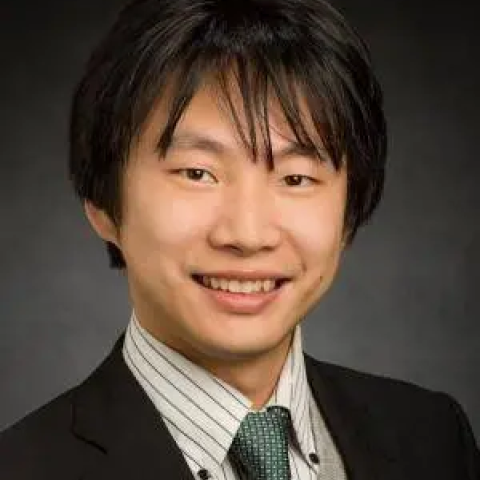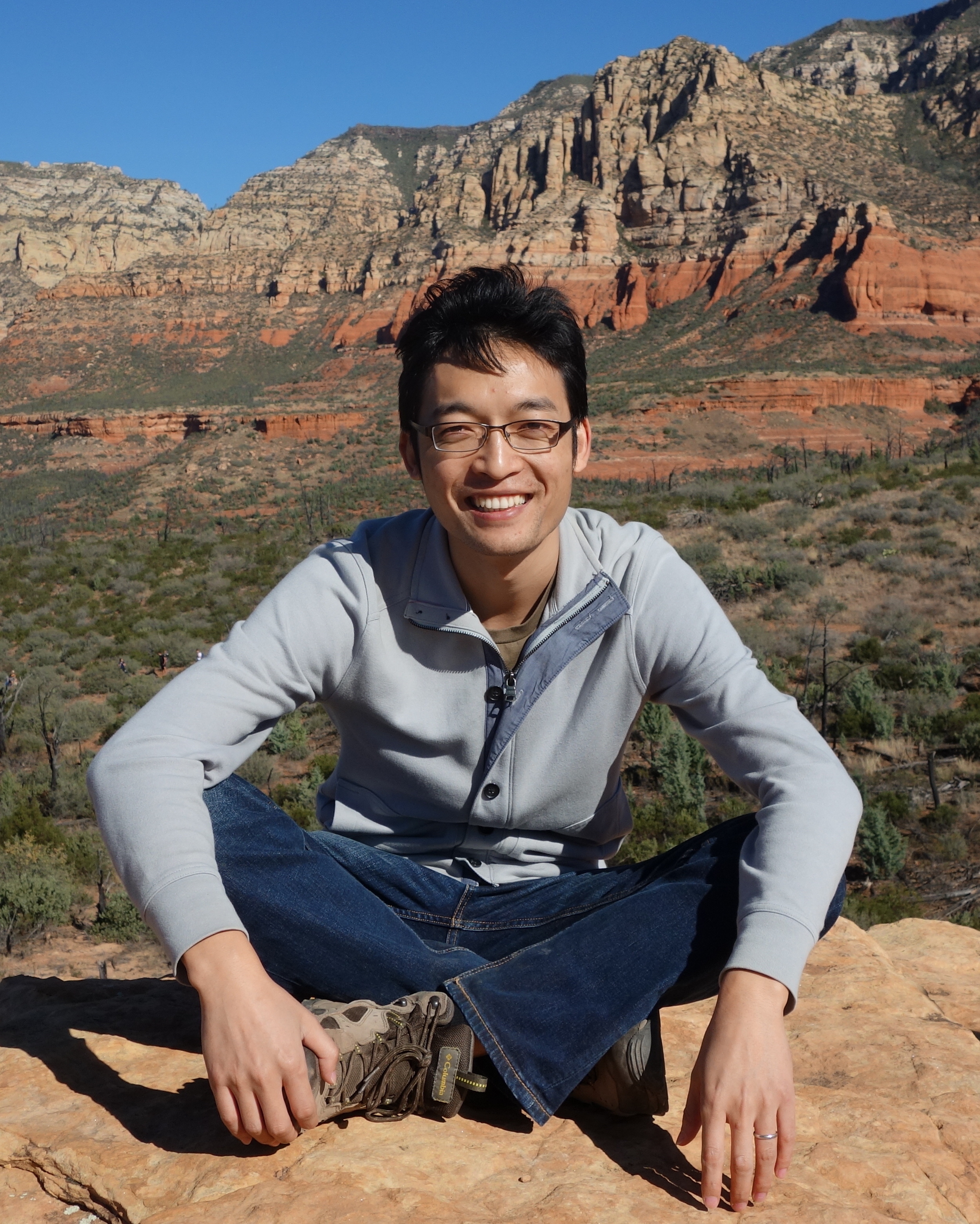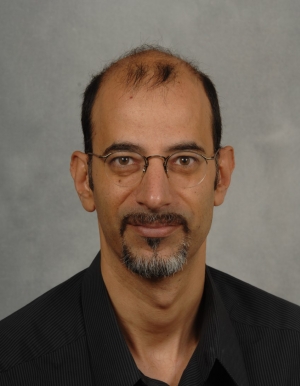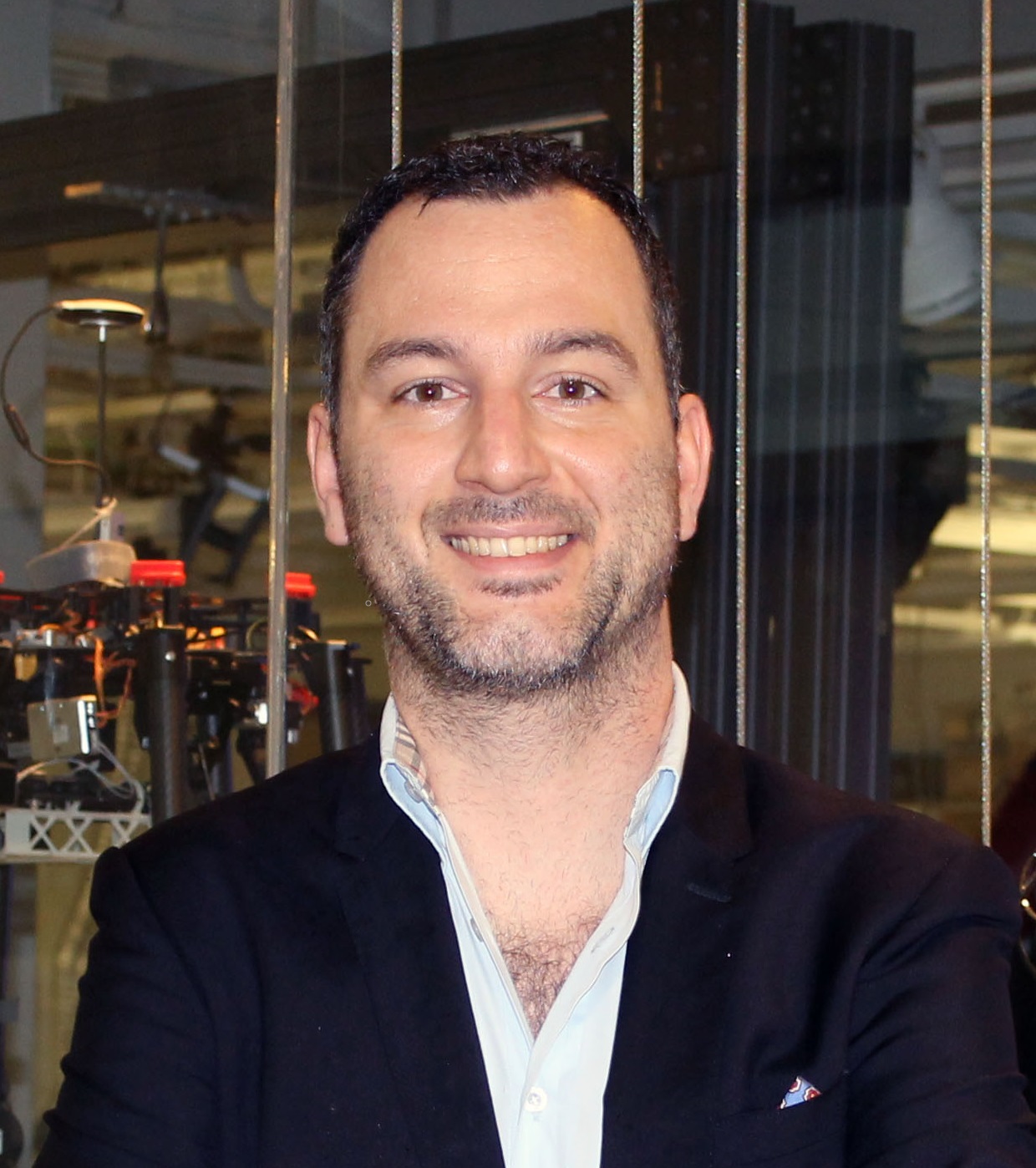Mitchell Walker II

Dr. Walker's primary research interests lie in electric propulsion, plasma physics, and hypersonic aerodynamics/plasma interaction. He has extensive design and testing experience with Hall thrusters and ion engines. Dr. Walker has performed seminal work in Hall thruster clustering, vacuum chamber facility effects, plasma-material interactions, and electron emission from carbon nanotubes. His current research activities involve both theoretical and experimental work in advanced spacecraft propulsion systems, diagnostics (including THz time-domain spectroscopy and Thomson scattering), plasma physics, helicon plasma sources, magnetoplasmadynamic thrusters, and pulsed inductive thrusters. Dr. Walker also teaches the undergraduate Jet & Rocket Propulsion course, as well as the graduate level Rocket Propulsion, Electric Propulsion, and Gasdynamics courses.
Energy Harvesting; Thermal Systems







